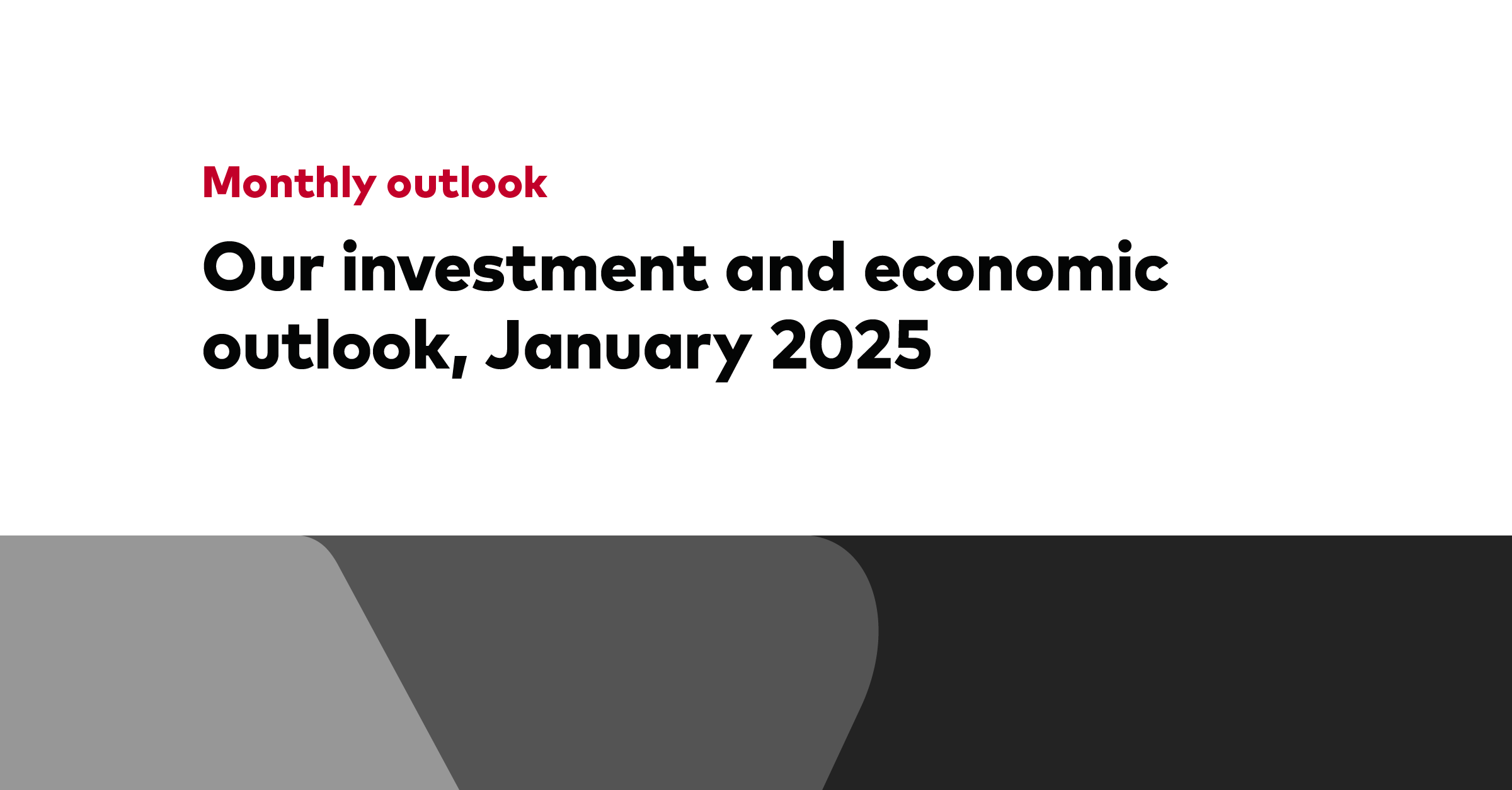Active fixed income
Active Fixed Income Perspectives Q1 2025: A real deal
January 30, 2025
We expect a favorable environment for fixed income this year. Attractive starting yields across the curve offer the prospect of durable income and can also provide a buffer against price volatility and capital appreciation if rates drop. Relative to history, we are back to a more normal fixed income regime. Investors should recognize that there is a real deal in bonds.
Vanguard Active Fixed Income Perspectives Q1 2025 (16-page PDF) is our in-depth quarterly commentary on the bond markets, with sector-by-sector analysis and a summary of how those views affect Vanguard’s actively managed bond funds.
Key takeaways
Performance
Higher income returns helped spark positive performance across most bond market sectors in 2024, despite a modest rise in intermediate- and long-term yields. Lower-quality credit segments outperformed, driven by favorable macroeconomic conditions and robust investor demand.
The big picture
The overall outlook for bonds in 2025 is notably positive. We anticipate an era where interest rates remain above inflation, helping investors achieve success in fixed income. Yields are attractive compared with those observed since the 2008 global financial crisis. Still, uncertainties underlie the outlook, given potential changes to U.S. immigration and trade policy. Monetary easing is expected to continue in 2025, albeit at a notably slower pace this year in the U.S.
Approach
Evolving macroeconomic conditions will test taxable credit spread valuations that look full relative to historical levels. We favor a tactical approach to rates strategies and prefer credit sectors that have lagged recent tightening. In municipals, tax-equivalent yields for high earners are above yields for most taxable sectors. We prefer municipal credit and see more room for spreads to tighten.
Active Fixed Income Perspectives: Q1 2025
Notes:
All investing is subject to risk, including the possible loss of the money you invest.
Investments in bonds are subject to interest rate, credit, and inflation risk.
Although the income from a municipal bond fund is exempt from federal tax, you may owe taxes on any capital gains realized through the fund’s trading or through your own redemption of shares. For some investors, a portion of the fund’s income may be subject to state and local taxes, as well as to the federal Alternative Minimum Tax.
